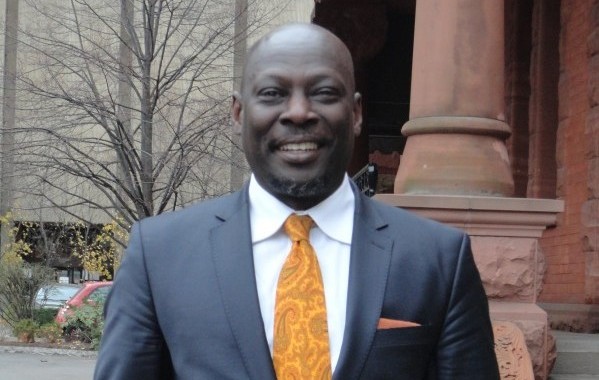
Ato Quayson, the Ghanaian literary critic and Professor of English at Stanford, has a new essay on The British Academy’s website. Entitled “What Is Postcolonial Literature?,” it opens up the academic concept and its nuances.
Formerly Professor of English at New York University and University of Toronto, Professor Quayson is a Corresponding Fellow of the British Academy and a Fellow of the Ghana Academy of Arts and Sciences and the Royal Society of Canada. Currently the President of the African Studies Association, he was the announcer of The 2019 Brittle Paper Award for Creative Nonfiction.

Here is an excerpt from the essay.
A good way to start any definition of postcolonial literature is to think about the origins of the term postcolonialism and how it has been used in literary criticism, from roughly the late 1980s to present times. The term is sometimes written with a hyphen, sometimes left unhyphenated, with the two forms used to designate the same areas of interest by different critics. The hyphenated version was first used by political scientists and economists to denote the period after colonialism, but from about the late seventies it was turned into a more wide-ranging culturalist analysis in the hands of literary critics and others. The unhyphenated version is conventionally used to distinguish it from the earlier iteration that referred only to specific time period and to indicate a tendency toward literary criticism and the analysis of various discourses at the intersection of race, gender and diaspora, among others.
Continue reading on The British Academy website.








COMMENTS -
Reader Interactions